Let’s talk about mental health for a moment. It’s such a huge part of our overall well-being, yet many of us struggle to know when it’s time to ask for help. Life can throw all kinds of challenges our way, and sometimes those challenges show up as emotional struggles or even physical symptoms. But how do you know when it’s time to reach out to a counselor?
For a lot of people, there’s hesitation—maybe it’s because of stigma, fear of being vulnerable, or even the belief that we should be able to handle everything on our own. Here’s the truth: asking for help isn’t a weakness. In fact, it’s a sign of strength. Counselors are trained to create a safe, nonjudgmental space where you can explore your thoughts and feelings. Knowing when to seek counseling is a powerful way to take control of your mental and emotional health. So, let’s dive into some signs that might mean it’s time to talk to someone.
Signs It May Be Time for Counseling
Overwhelming Stress
Stress happens to all of us, right? But when stress stops being manageable and starts feeling like it’s taking over your life, it might be time for some extra support. Chronic stress can mess with your sleep, relationships, work, and even your ability to think clearly. It can lead to burnout, anxiety, and other challenges. A counselor can help you get to the root of it and find ways to cope.
Intense or Long-Lasting Emotions
We all feel sad, angry, or anxious at times. That’s just being human. But when those feelings stick around for weeks or start interfering with your life, it’s worth paying attention. Counseling can help you figure out what’s behind those emotions and teach you strategies to manage them.
Relationship Struggles
Let’s face it: relationships can be tough. Whether it’s conflicts with your partner, family tensions, trouble with friends, or challenges at work, unresolved issues can take a toll on your mental health. Therapy can help you untangle those dynamics and build better communication.
Dealing with Trauma
Trauma—whether it’s something recent or something from your past—can show up in all kinds of ways, like flashbacks, nightmares, or heightened anxiety. A therapist can help you process what you’ve been through and start healing.
Unexplained Physical Symptoms
Did you know mental health issues can show up in your body? Things like fatigue, headaches, or stomach problems can sometimes be linked to stress or emotional challenges, especially if you’ve ruled out medical causes. Counseling can help you explore what might be going on.
Avoidance or Numbing Behaviors
If you find yourself reaching for substances, food, or excessive screen time to escape uncomfortable feelings, it might be a sign that something deeper is going on. Therapy can help you address those behaviors and find healthier ways to cope.
Grief and Loss
Losing someone or something important—whether it’s a loved one, a relationship, or even a job—can be incredibly hard. While grief is a natural process, sometimes it’s overwhelming, and having support can make a big difference.
Loss of Interest or Motivation
If you’ve been feeling disconnected from things you used to enjoy or just can’t find the motivation to get through the day, it might be a sign of depression. A counselor can help you explore what’s behind those feelings and work with you to re-engage with life.
Feeling Stuck
Sometimes we all feel stuck—like we’re in a loop of negative thoughts, unsure how to move forward, or unclear about what we want in life. Counseling can help you break free from those patterns and gain clarity.
Thoughts of Self-Harm or Suicide
If you’re having thoughts of self-harm or suicide, please don’t wait to get help. Reaching out to a therapist or crisis hotline can provide the immediate support you need to stay safe and start the journey toward healing.
Wrapping It Up
Here’s the bottom line: Seeking counseling is an act of self-care and courage. Whether you’re dealing with a specific issue or just want to understand yourself better, therapy can be a transformative experience. You don’t have to face life’s challenges on your own. Help is out there, and it’s okay to take that first step.



